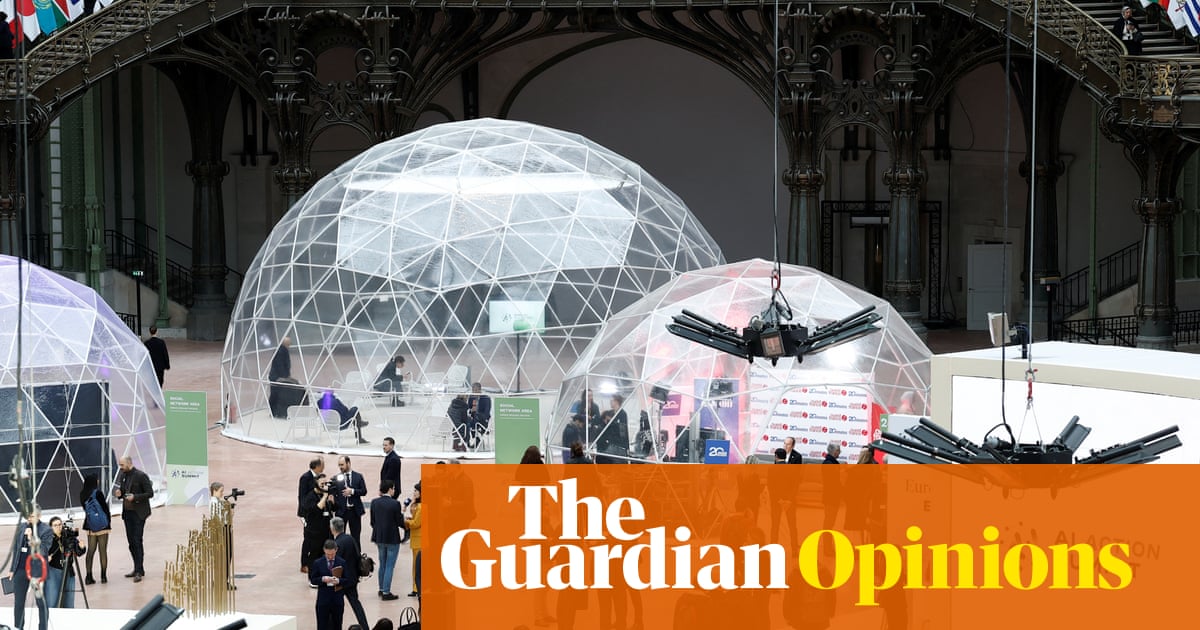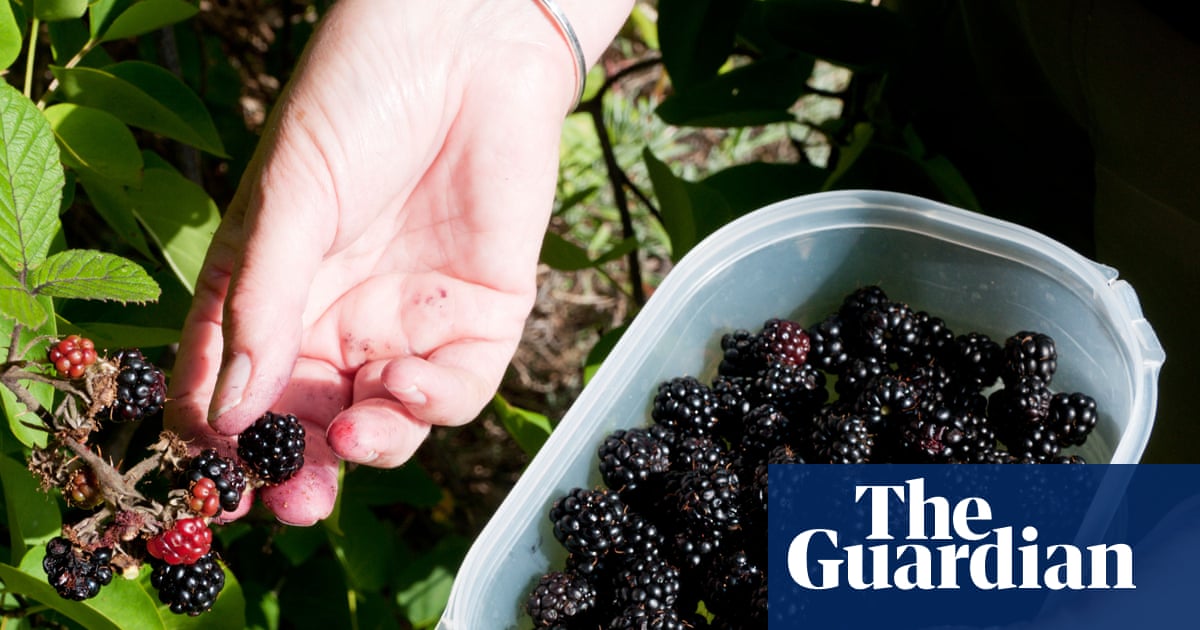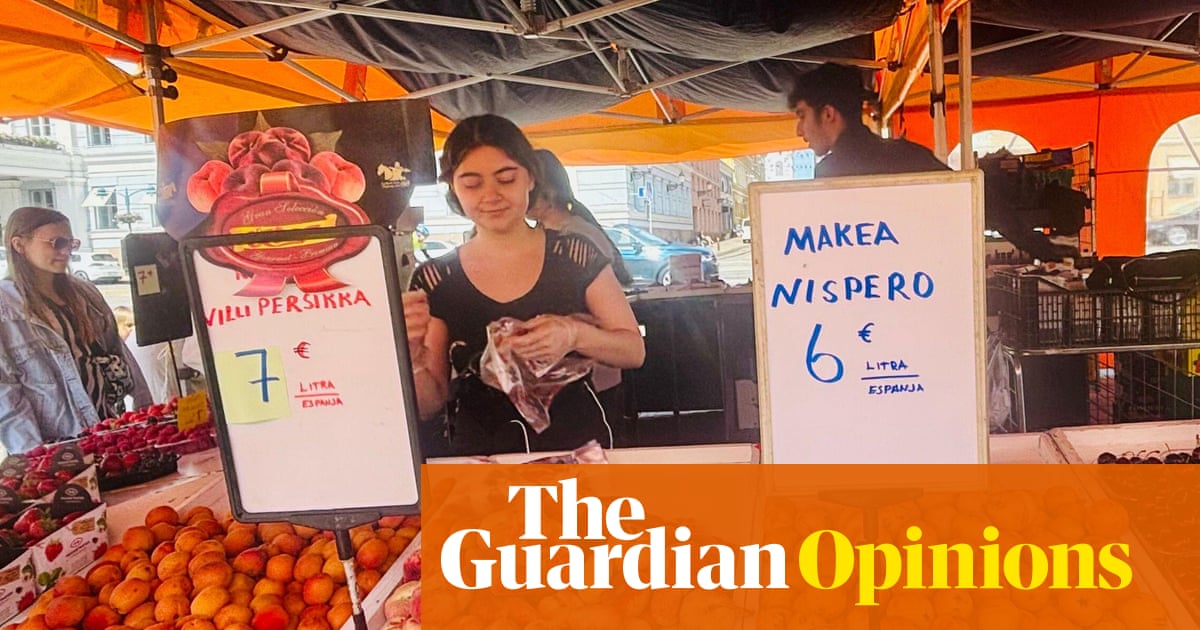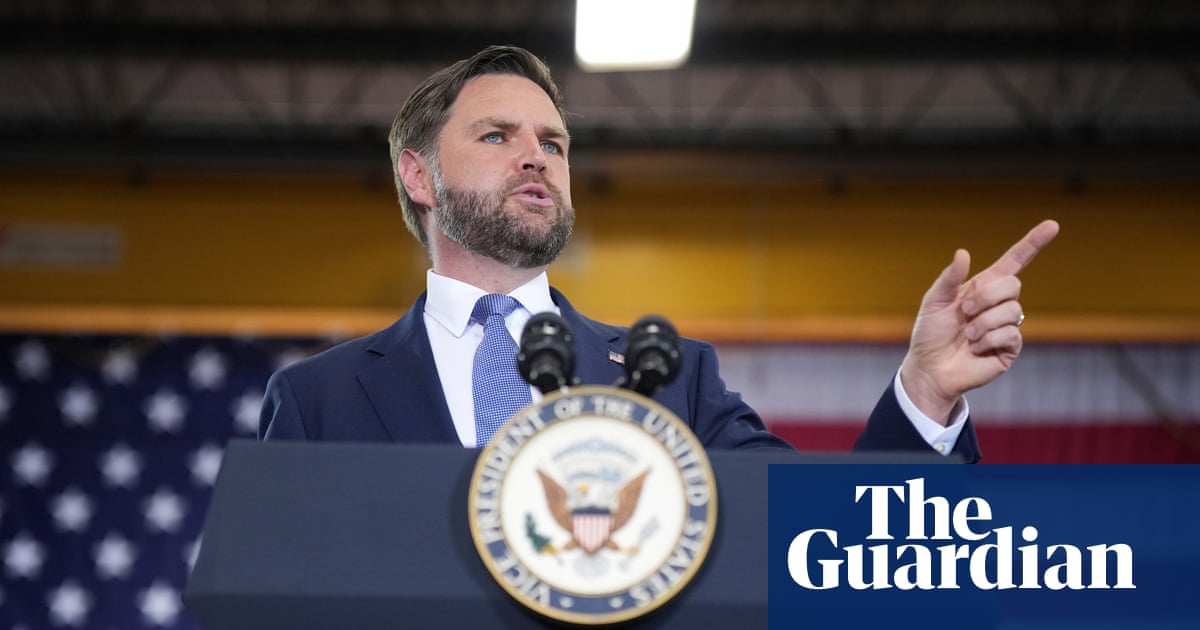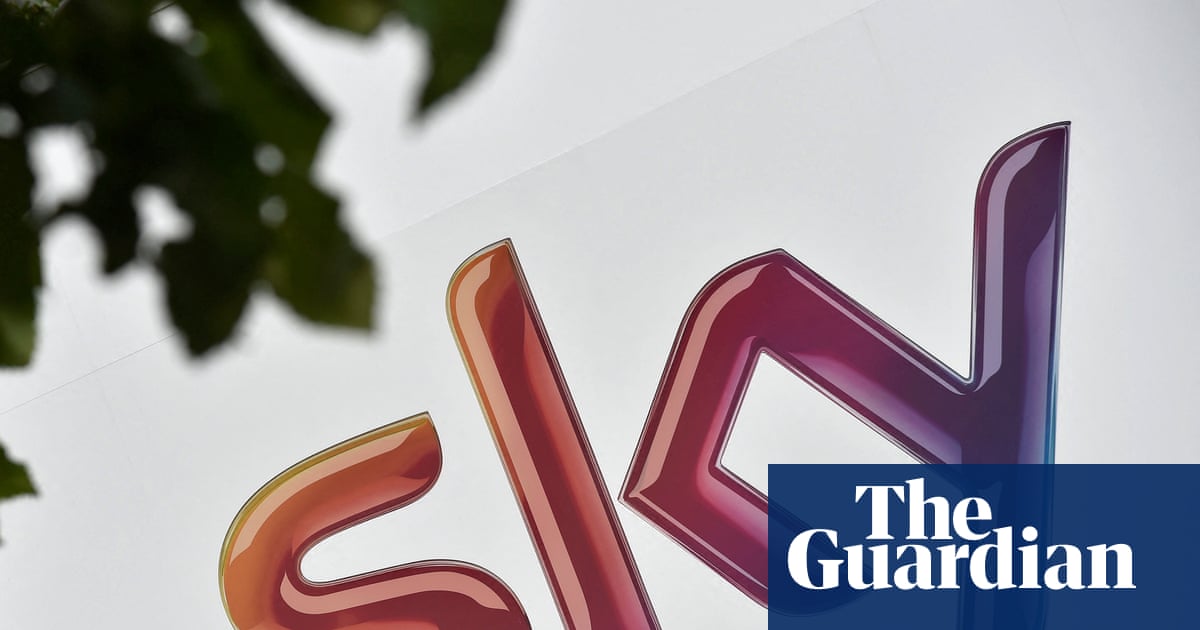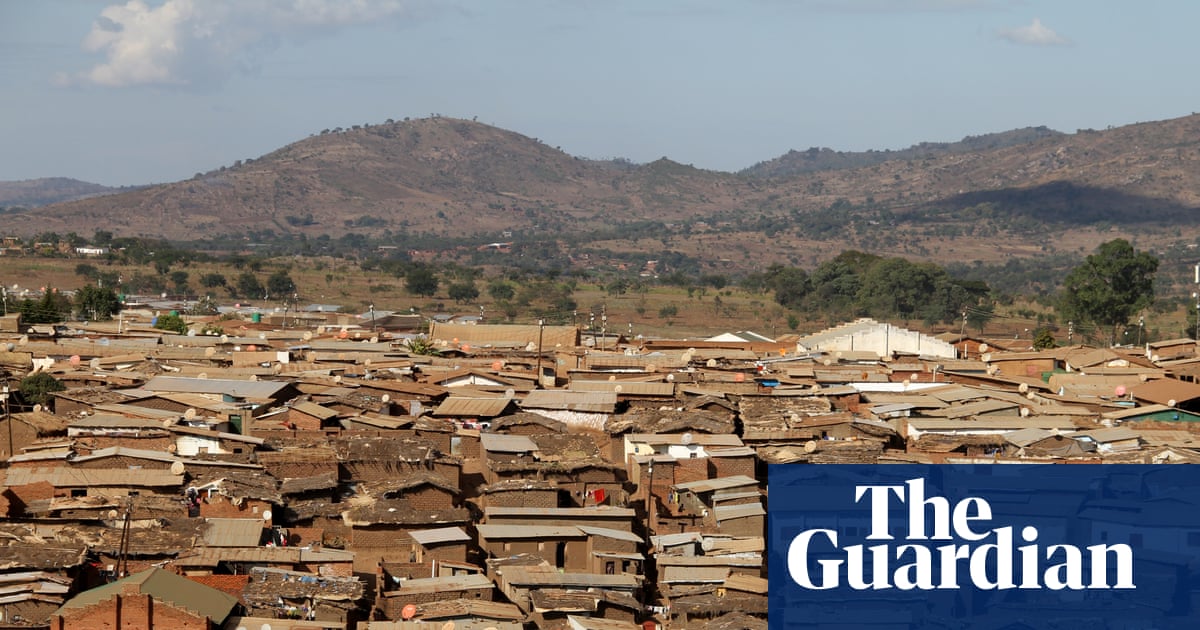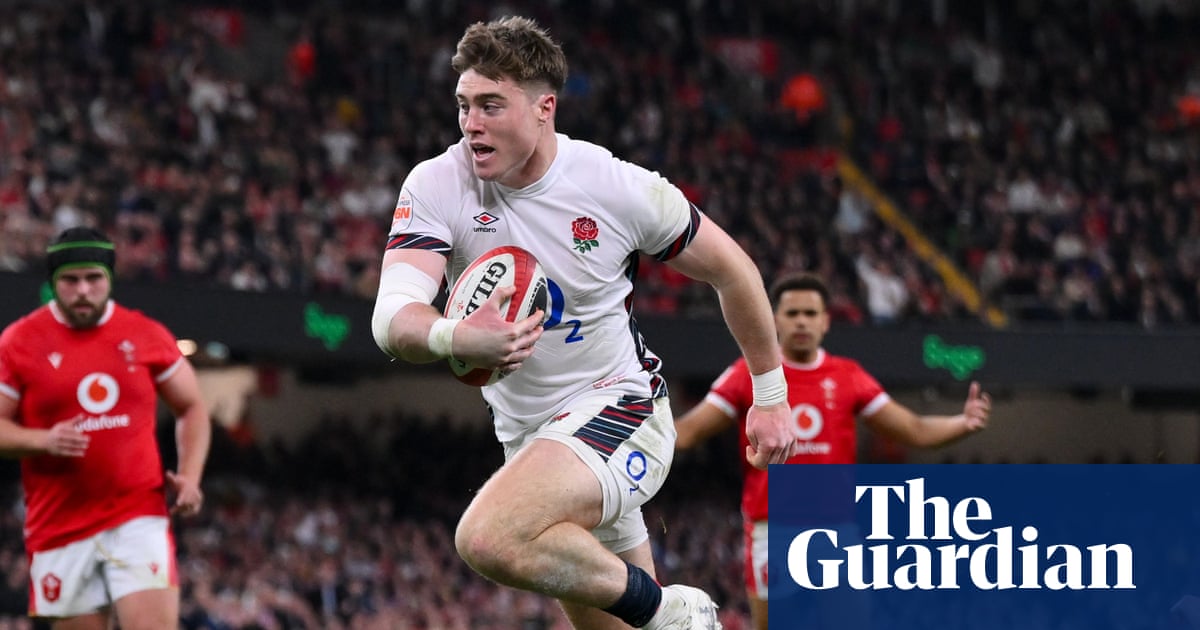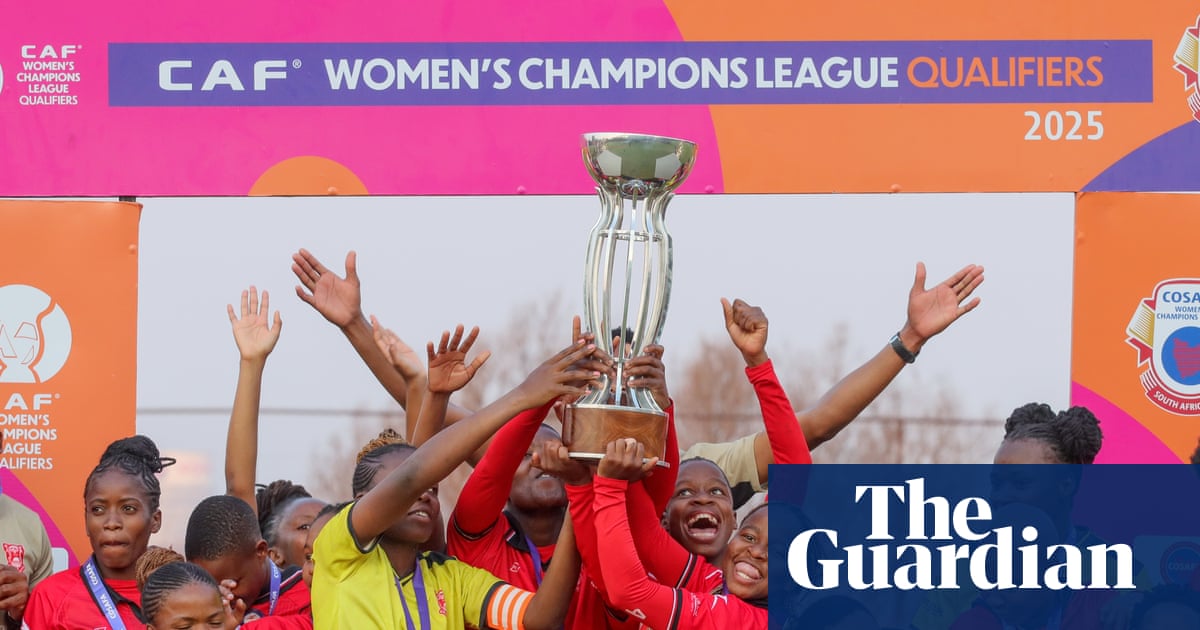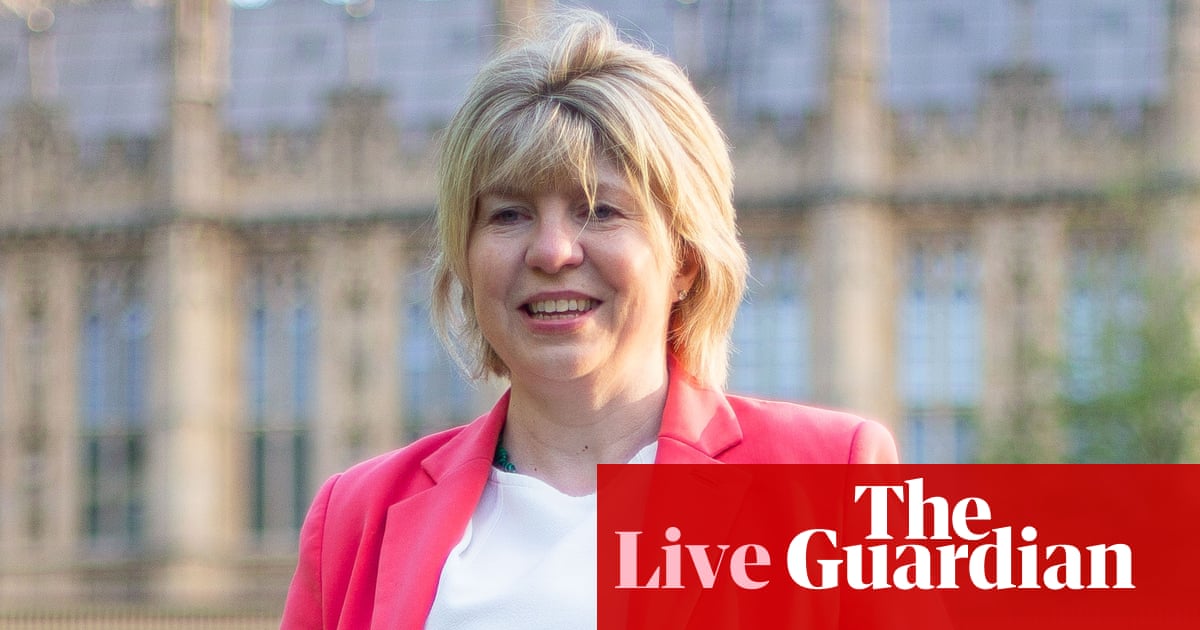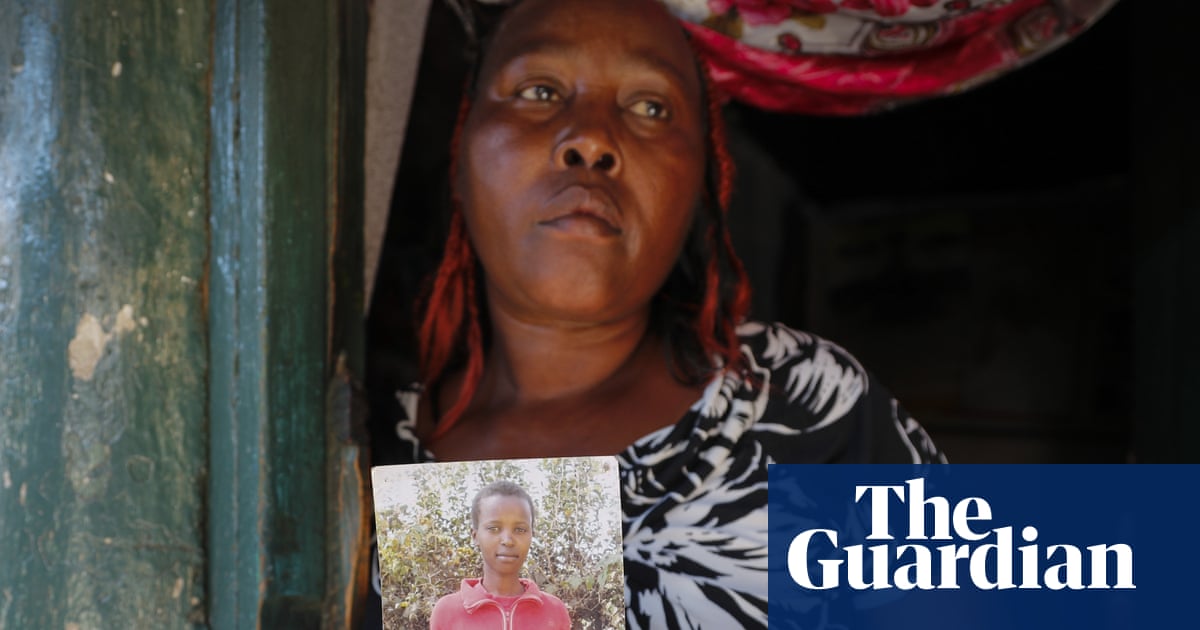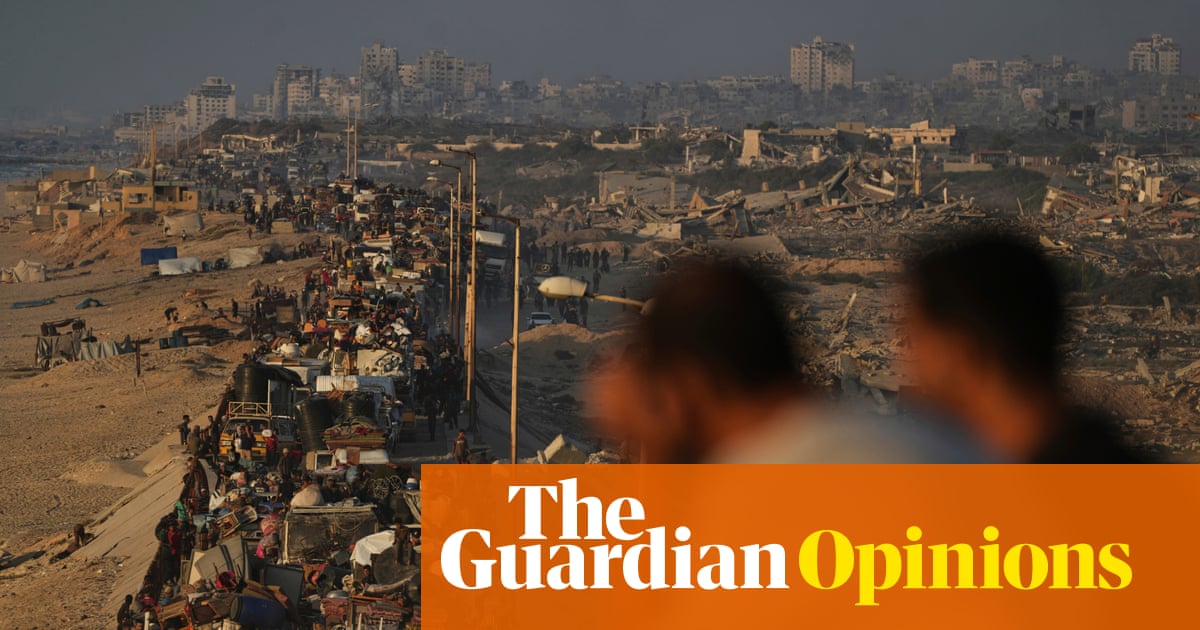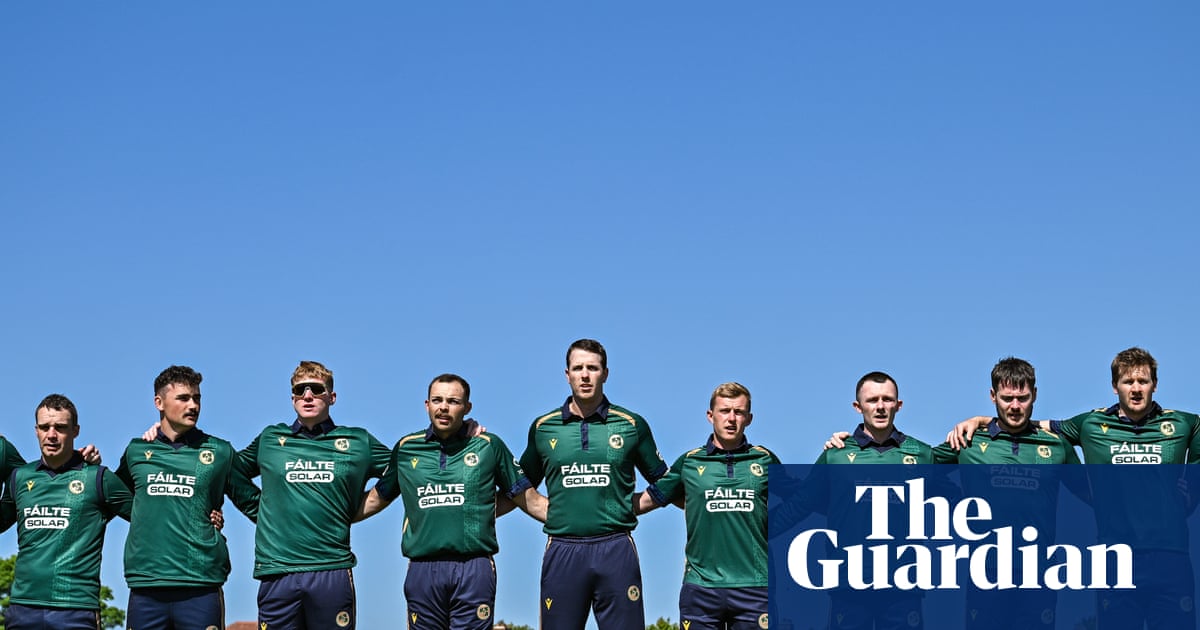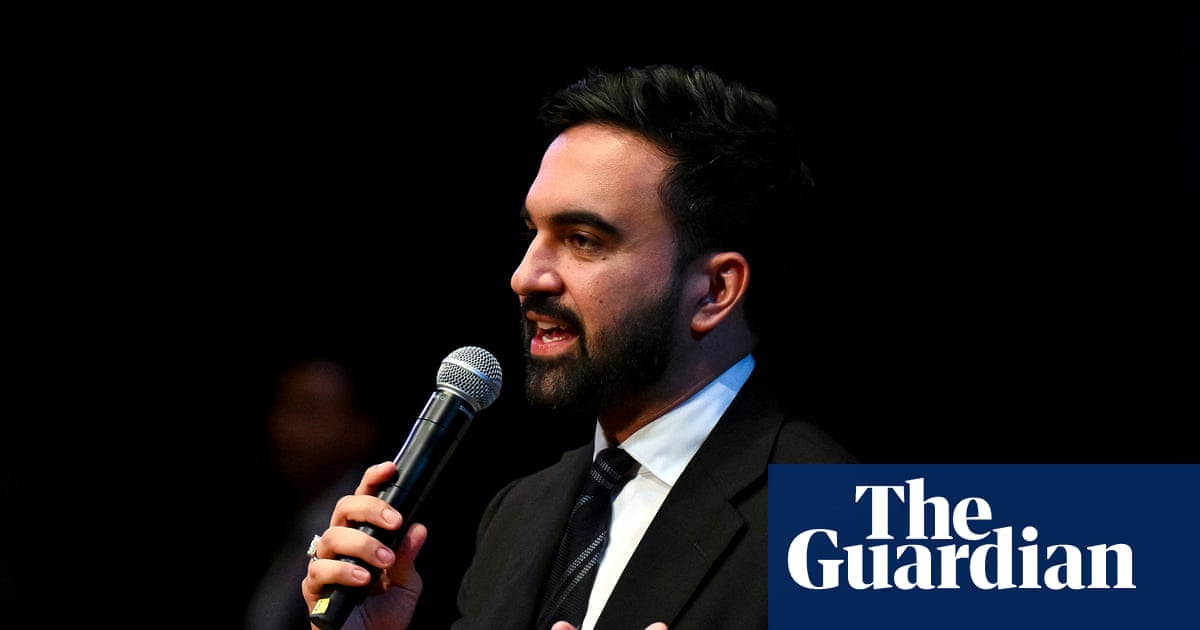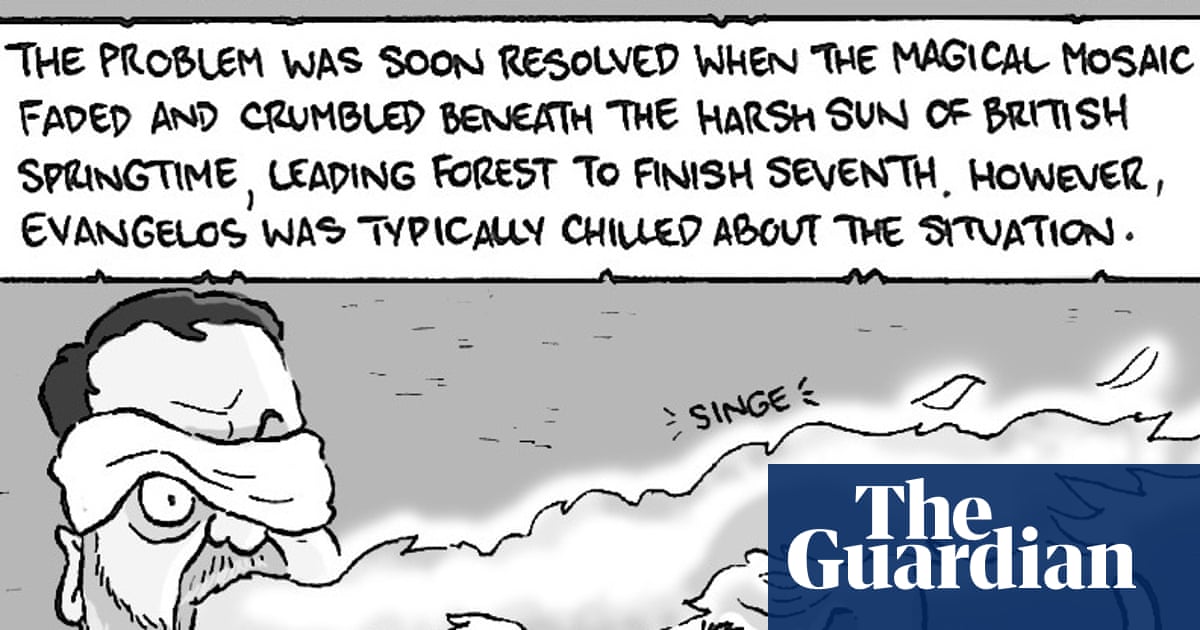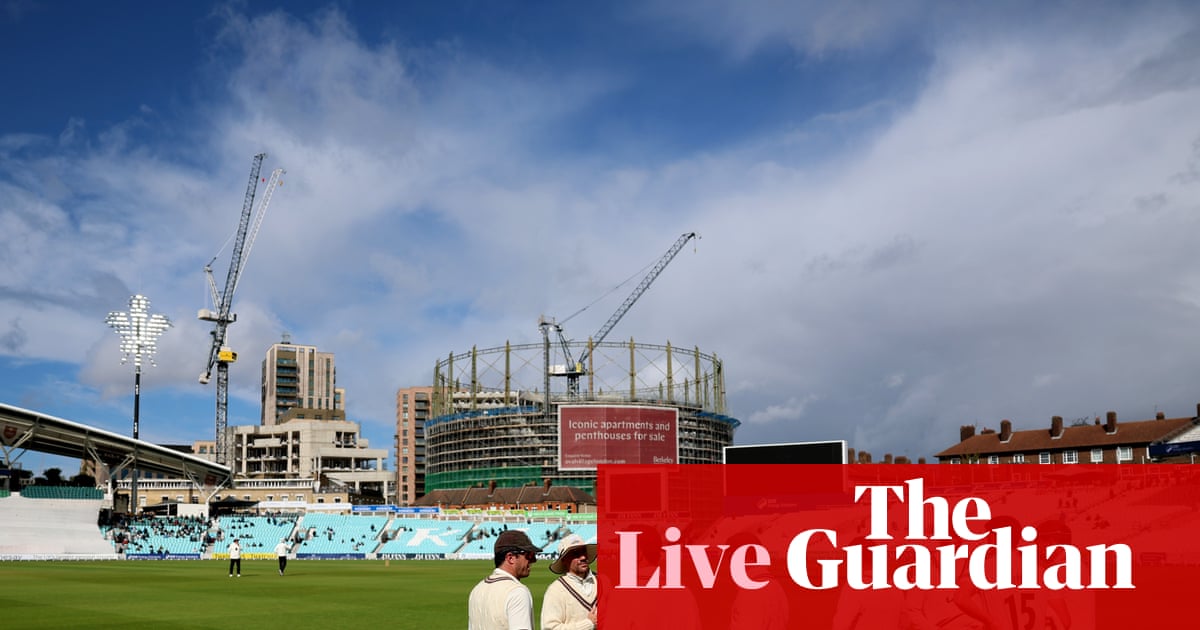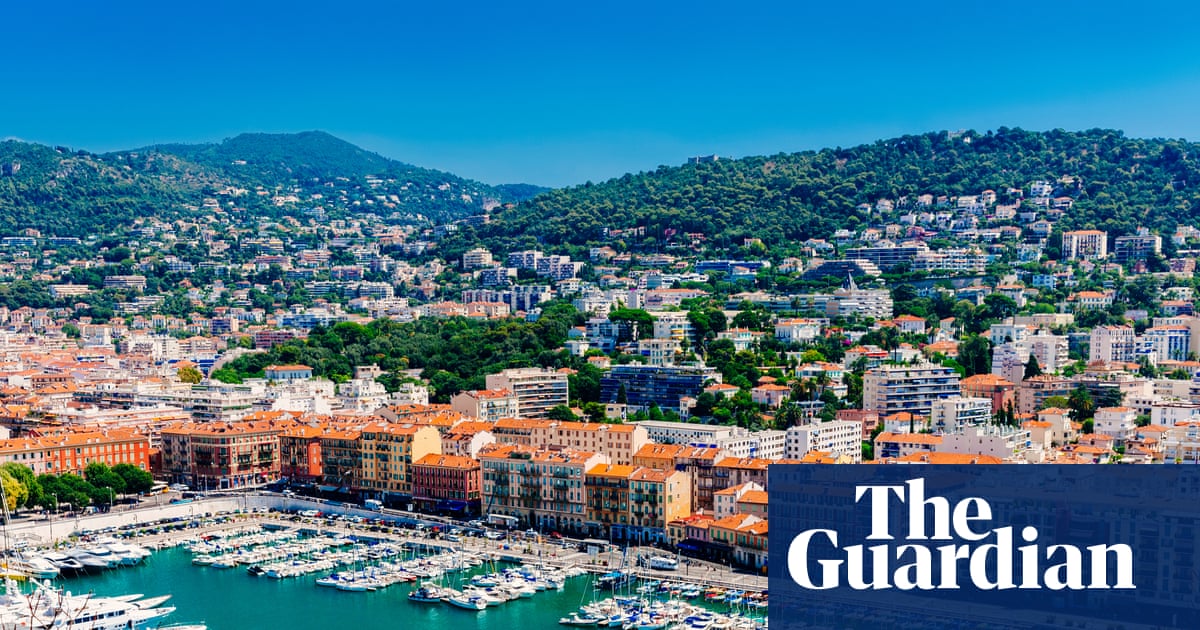Memory is a strange thing – the way sounds, images, and sensations converge to cement a moment in our minds. For millions of people, the memory of what happened to George Floyd five years ago in Minneapolis will stay with us for ever.
On Sunday, we remember the life of George Floyd and reflect on the summer of 2020, when movement builders activated as many as 26 million people into the streets to demand an end to the state’s violent disregard for Black lives. Many people will opine today about the perceived failures of that time and the years that followed, focusing on how corporate pledges to increase diversity have since been revoked or zeroing in on how many police departments did not cut their budgets, all in an effort to decide whether the summer of 2020 was really as powerful as it felt.
But to make any assessment of wins or losses, we have to look back beyond 25 May 2020. And more importantly, we must analyze several key social, cultural and political factors, not just those deemed paramount by elected officials or news pundits.
Before George Floyd was murdered in 2020 and the image of Derek Chauvin’s knee on his neck bore into the collective memory of millions, organizers in Minneapolis were combating the city’s longstanding refusal to invest more in systems that would pour resources into vulnerable communities.
Before there was George Floyd, we lost Philando Castile, shot by a police officer while being pulled over during a traffic stop. There was Jamar Clark, shot by police who responded to a paramedic call. Christopher Burns, strangled when two officers used a chokehold, and David Smith and Terrance Franklin and Marcus Golden and Fong Lee and so many more.
Before 2020, Minneapolis organizers fought for many changes, including a review of the Minneapolis police department (MPD) by Barack Obama’s Department of Justice and settlements to change police training and approved tactics. They even got the Minneapolis city council to shift $1.1m from the MPD and reallocate it toward community-based public safety initiatives. That work, rooted in the desire for safer, flourishing communities, distended when Floyd was murdered on 25 May. The painful realities of Covid-19 and the state’s abysmal response, combined with the murders of Ahmaud Arbery and Breonna Taylor, cracked open an opportunity for transformative change. Echoing loudly out of that moment was the powerful demand to “Defund the Police”, calling not just for an immediate divestment from police departments, but from the institutions and systems failing to keep us safe.
Under the banner of Defund, Black movement illuminated a new vision of community safety that didn’t have to include policing and the broader carceral and militaristic systems, but instead could prioritize care, restoration, and prevention. The Movement for Black Lives (M4BL) had already developed a comprehensive Vision for Black Lives, the north star guiding the organizing of hundreds of Black-led organizations around the nation. One key element of that vision is divestment from the systems that harm us and the investment in the systems that would help our communities thrive.
United behind that vision, we fought hard and organized people in the hundreds of thousands. Public opinion shifted, elected officials began considering our demands, investments in community safety increased, and we saw more radical budgets and policy proposals than ever before. Since the Minneapolis ballot amendment placing the police department under the jurisdiction of a department of public safety did not pass in 2021, many would say that Defund failed. They could not be more wrong. On that day, 62,000 people in Minneapolis voted for a different vision of safety; that was 42% of the vote and more people than voted for the mayor, who opposed the amendment.
That many people imagining something different for public safety is a huge win for our movement, as it is evidence of abolition’s growing popularity with the public. Key pieces of M4BL’s omnibus bill, the Breathe Act, were introduced in Congress and inspired legislation across the country. We forced what was widely considered a fringe leftist position into the mainstream, making it a viable political stance. We were the spark that ignited protests around the world, from the UK to Indonesia, Colombia to South Africa, enraged as much by the murder of George Floyd here as they were by the deadly police-inflicted violence being committed in their home countries.
Through the organizing of Black movement’s Defund campaign, we won over $840m in direct cuts from US police departments and at least $160m in investments in community services. More than 20 major cities reduced their police budgets in some form, and in 25 cities, officials removed police from schools.
Some look at the landscape today, where fascism is tightening its grip on our civil and human rights, and think this must mean this fight was lost. But if you’re seeing it that way, you’re not thinking big enough. The systems we fight are centuries in the making, and the power they’ve amassed won’t be torn down by one summer of protest. Every major win Black movement has had, from the abolition of slavery to the civil rights movement and beyond, was decades in the making through sustained organizing, strategy, and powerbuilding. It required persevering through the vicious backlash of American white supremacy, capitalism and other ills. The same is true now.
As we prepare for the next season of movement building, we’re learning from history, elders and ancestors on how to endure this political moment. We must understand that, though it might seem like the time to retreat, our survival is dependent upon us uniting across race, region, demographic and issue, building community, and fighting back fiercely together.
We have not lost. The movement is not over. It is our very power that has them working so hard to erase our wins and our history. Our efforts in 2020 mattered, not allowing George’s murder to be ignored mattered, and all 26 million people who took to the streets should be proud. Now, it’s time for the next step toward freedom. So let’s go.
-
M Adams, Co-Executive Director, Movement for Black Lives & Miski Noor, Publisher of the Forge and former Co-Director of Black Visions

 3 months ago
127
3 months ago
127
